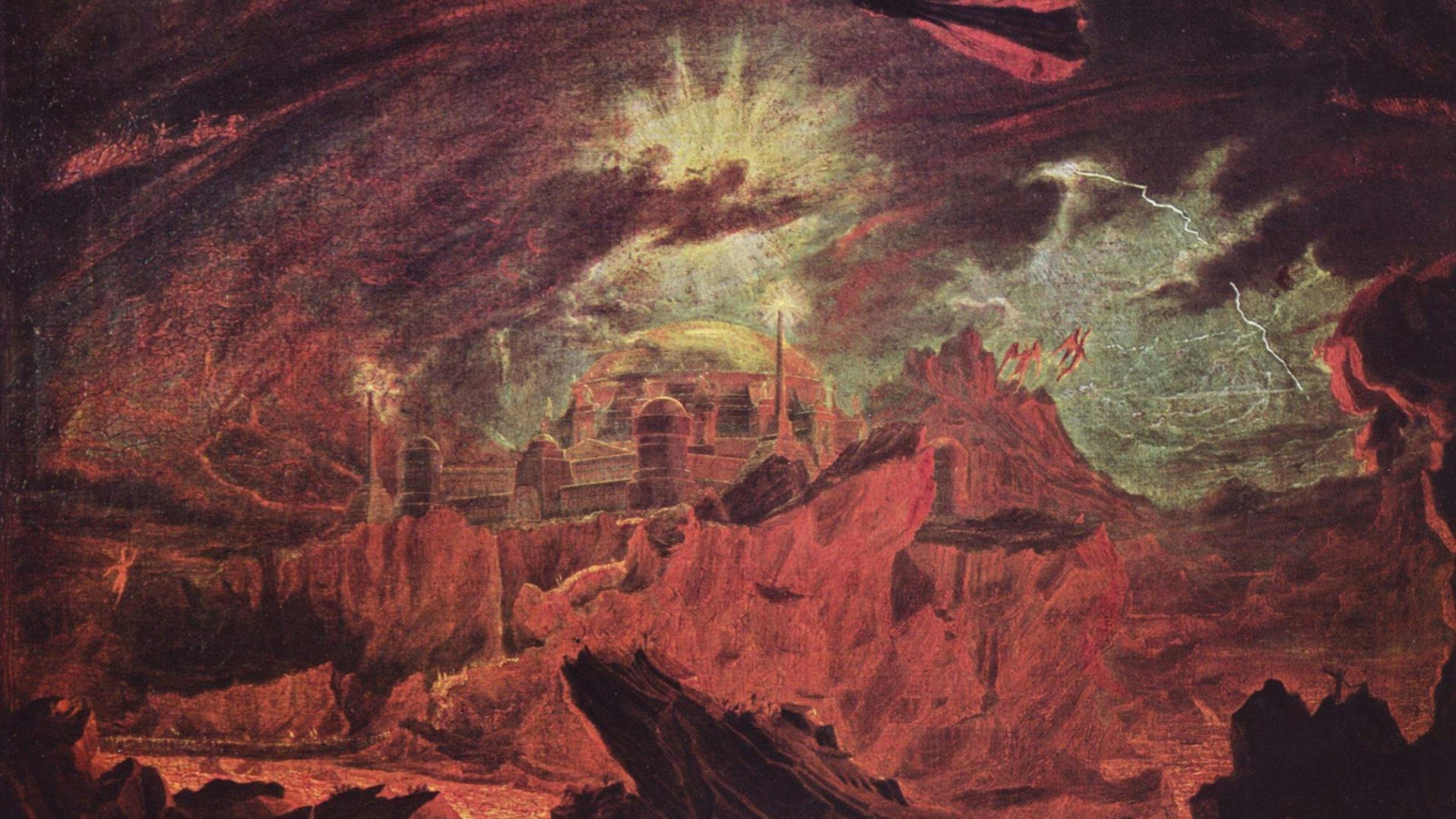Hell mattered a lot before the Civil War. The prospect of eternal torment was cited to bolster the urgency of missions, campaigns against alcohol abuse, the abolition of slavery, and other moral crusades in our nation’s history.
The sheer pervasiveness of the doctrine of hell struck me as I read Kathryn Gin Lum’s revealing and engaging Damned Nation: Hell in America from the Revolution to Reconstruction (Oxford University Press). Americans believed in and invoked hell regularly. But their polemical uses of the threat of damnation seemed, at times, to treat hell more as a tool of political motivation than a spiritual reality.
Gin Lum, an assistant professor of religious studies at Stanford University, introduces a startling range of people who talked about hell in early-19th-century America. They included evangelical believers and critical skeptics, African American slaves and proslavery whites. Belief in hell helped to inspire the evangelistic efforts that came to define the Second Great Awakening and the “Great Century” of domestic and international missions.
Charles Finney, the definitive evangelist of the Second Great Awakening, did not hesitate to speak about hell. He once told a dying Boston woman he considered unregenerate that her nominal faith would not win her salvation. On her deathbed, the woman seemed to have a vision of God, but the imagery led her into terror, not comfort. She “exclaimed that she was going to hell,” Finney wrote, and in that desperate frame of mind, she died. The thought of countless millions plunging into fiery torment prompted legions of ministers and missionaries to risk their lives and fortunes to bring as many as possible to Christ.
For a book on hell, Damned Nation is quite circumspect. Gin Lum is not a fire-and-brimstone historian. Her account is thorough and engaging, if slightly cautious. She takes seriously people’s belief in hell, refusing to see the doctrine as something that elites forced upon the masses as a means of social control. But people creatively appropriated the doctrine, too, as when African Americans and Native Americans used the threat of eternal torment to turn the tables on their oppressors.
It’s not until the final chapter that Gin Lum hints at her own thoughts on hell. She notes that the disappearance of hell as a commonplace belief could make it difficult for people to believe in a just God who will ultimately right all wrongs. Henry McNeal Turner, a key political leader after the Civil War and a bishop in the African Methodist Episcopal Church, thundered that, in spite of the “machinations of the wicked,” God “never fails to vindicate the cause of Justice, and the sanctity of his own handiwork.” But Gin Lum notes that Turner’s hell was populated not so much by sinners who broke the Ten Commandments but by those who oppressed African Americans. Heaven, by contrast, was reserved for the friends of civil rights.
Such visions of heaven and hell can have a strong appeal. But politics have a way of watering down and confusing Christian teaching on humans’ eternal destiny (as is the case with any piece of orthodoxy). Some Christians today might be tempted to envision heaven as a Republican Party reunion. But we should always guard against mixing the Bible’s transcendent message of sin and salvation with any political cause of the day. Nevertheless, Gin Lum shows that belief in God’s final, eternal judgment has the power to stir evangelical zeal, inspire prophetic witness against sin, and fuel a quest for justice on earth.
Thomas S. Kidd is professor of history at Baylor University and author of George Whitefield: America’s Spiritual Founding Father (Yale University Press).











